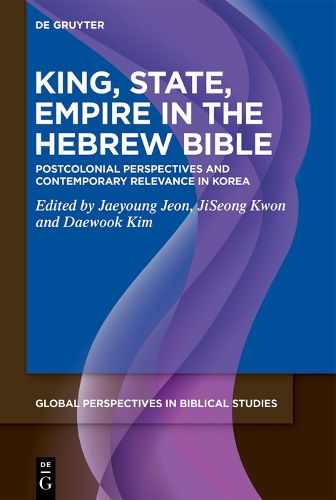Readings Newsletter
Become a Readings Member to make your shopping experience even easier.
Sign in or sign up for free!
You’re not far away from qualifying for FREE standard shipping within Australia
You’ve qualified for FREE standard shipping within Australia
The cart is loading…






This volume addresses the critical question of how biblical authors engaged with and responded to the political realities and ideologies of their time. Featuring essays by leading scholars in biblical studies and ancient Near Eastern literature, it focuses on themes of power and governance in the Hebrew Bible. The contributors employ a variety of perspectives and methodologies, including detailed postcolonial approaches and specific Korean contexts, to explore how these authors constructed alternative identities amidst changing imperial powers and states. The volume also examines the contemporary relevance and implications of these biblical texts for postcolonial contexts and struggles in Korea. This work offers valuable insights for scholars, students, and anyone interested in the intersection of ancient texts and modern postcolonial issues.
$9.00 standard shipping within Australia
FREE standard shipping within Australia for orders over $100.00
Express & International shipping calculated at checkout
This volume addresses the critical question of how biblical authors engaged with and responded to the political realities and ideologies of their time. Featuring essays by leading scholars in biblical studies and ancient Near Eastern literature, it focuses on themes of power and governance in the Hebrew Bible. The contributors employ a variety of perspectives and methodologies, including detailed postcolonial approaches and specific Korean contexts, to explore how these authors constructed alternative identities amidst changing imperial powers and states. The volume also examines the contemporary relevance and implications of these biblical texts for postcolonial contexts and struggles in Korea. This work offers valuable insights for scholars, students, and anyone interested in the intersection of ancient texts and modern postcolonial issues.